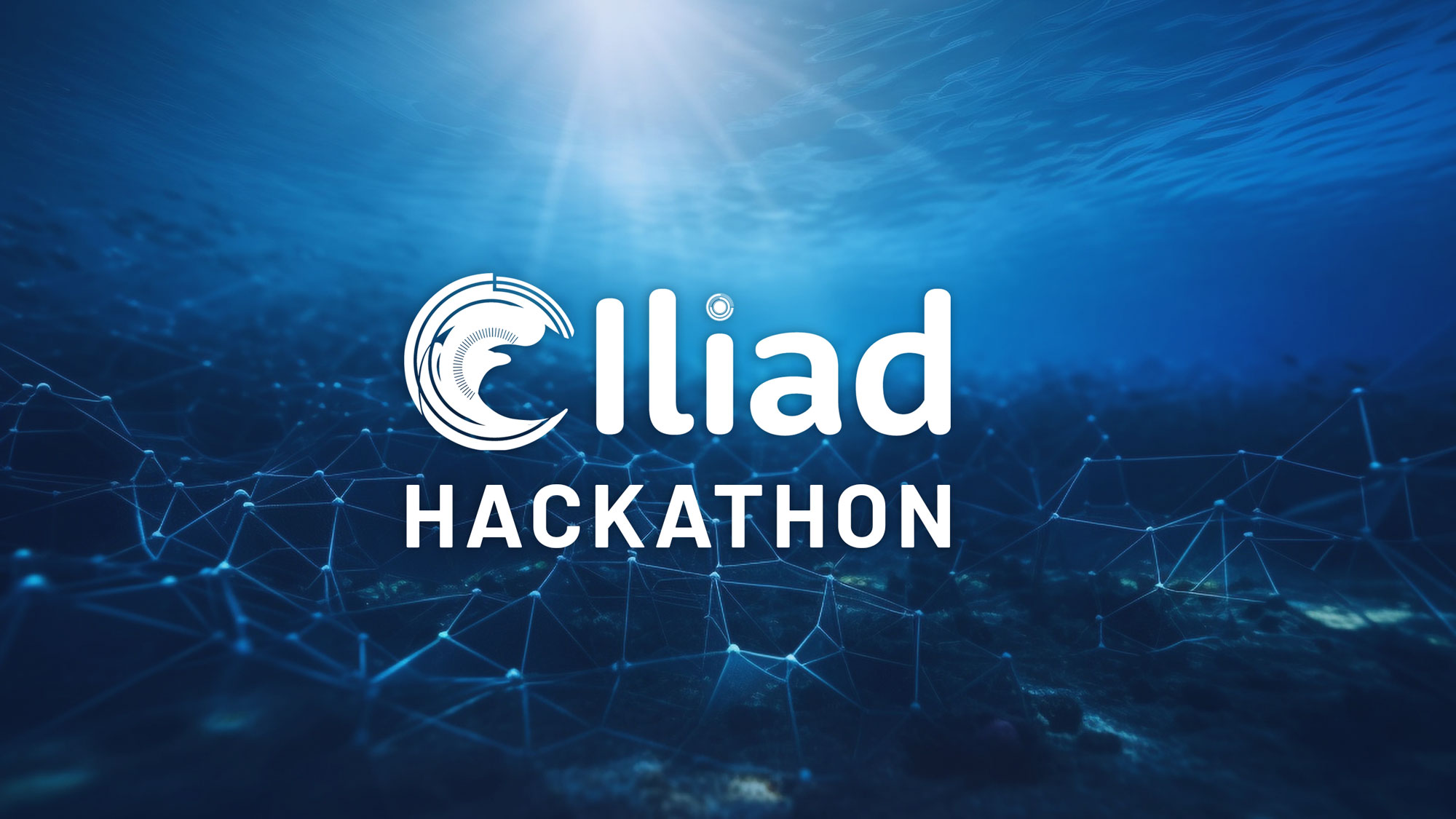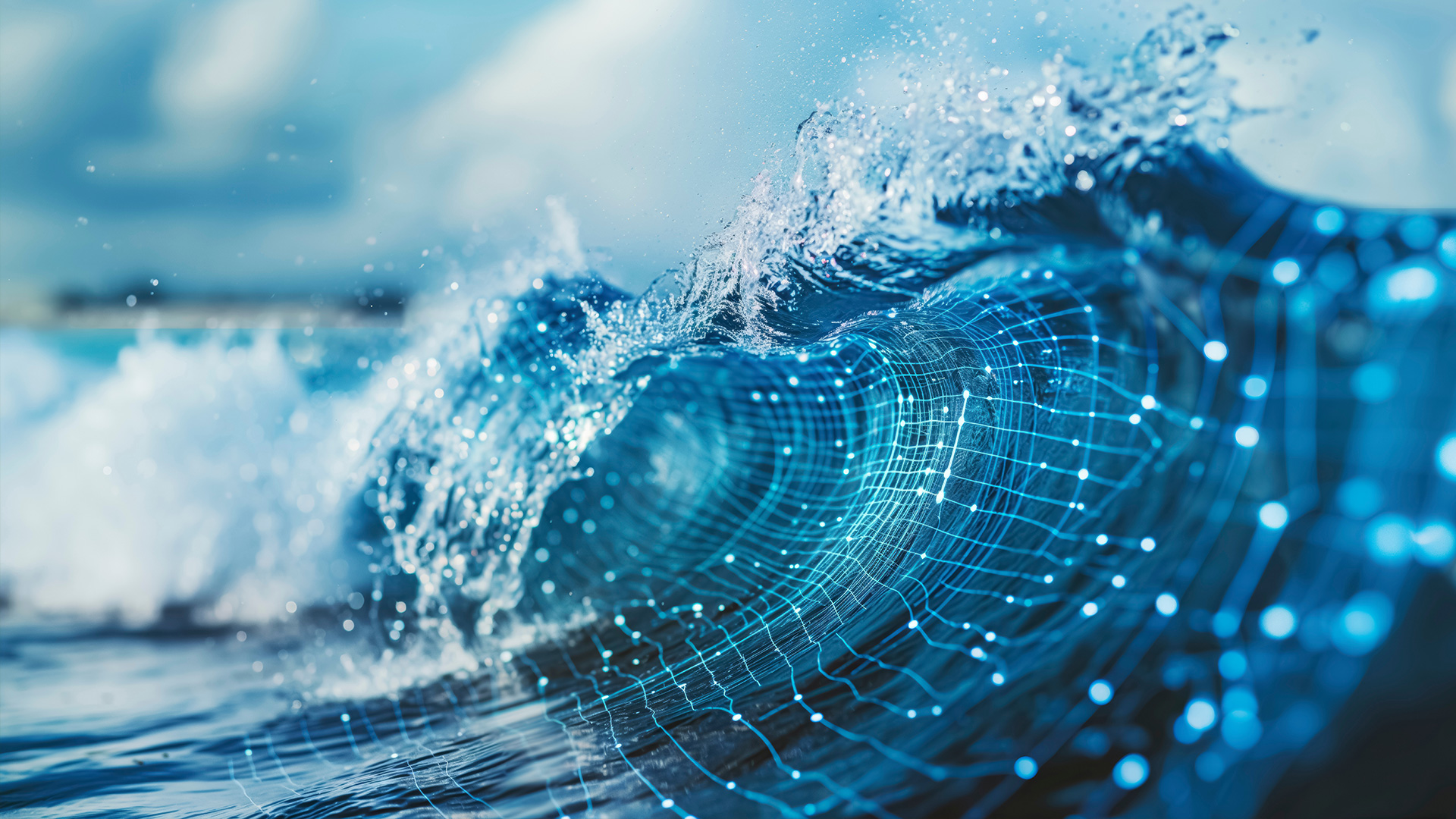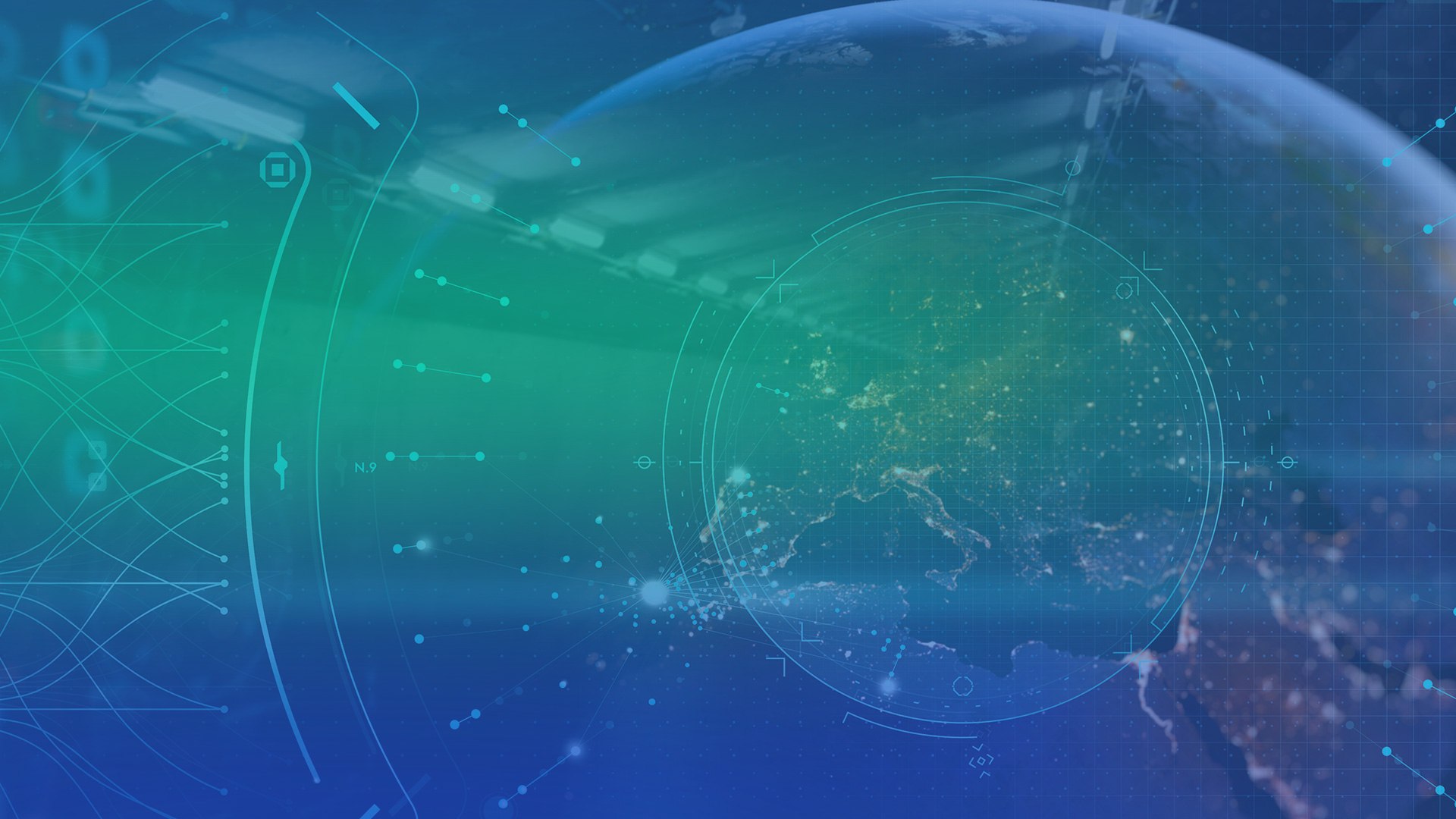Iliad Celebrating UN World Oceans Day
June 6th, 2024
“Awaken New Depths” is the theme for World Oceans Day 2024. The EU-funded Iliad Project, celebrates the UN world ocean day by showcasing some of our contributions to deepen our knowledge about, and better our management of the ocean.
Iliad is comprised of 54 partners from 18 different countries in Europe, the Middle East and North Africa, has been awarded €17 million funding as part of the EU €1 billion European Green Deal. Iliad aims to develop and launch a virtual model of the ocean that will provide highly accurate predictions of future developments at global seas. To do so it develops digital twins of the ocean to address specific ocean industries and challenges. Iliad showcases 22 pilot sites where its innovative technologies are being employed to address different challenges all over Europe, North Africa and the Middle East.
Iliad is creating virtual representations of the ocean, integrating Earth Observation data, models, and digital infrastructures to forecast the marine environment's future. The ultimate goal is to establish cost-effective, interoperable, data-intensive digital twins of the ocean.
The pilots have now come to the state of demonstrable minimum viable product, showcasing technology that has been developed in Iliad to facilitate interoperable twins that can exchange components to create digital twins of ocean applications.
The pilots’ key areas are:
Coastal Sediment Transport - At Naissaar's Port in Estonia, an integrated approach using physical measurements and hydrodynamic models will address sediment accumulation challenges in ports
Harbour Safety - A pilot in Varna Port demonstrates DTO technology in combination with augmented reality and citizen science with the objective to minimise weather-induced disruptions in harbour traffic and enhance navigation safety.
Ballast Water Monitoring - Assesses invasive species risk in ballast water, aiding cargo ship sustainability and convention compliance in Spain.
Fisheries Productivity - A Fishing Suitability Index improves fishing zone identification in the north-western Black Sea as well in the North Sea
Ocean Energy Potential - Harness tidal energy, with a focus on accurate models capturing kinetic energy in coastal channels and assessing tidal energy arrays. A similar approach is applied to wave energy.
Wind Energy - An interactive tool optimises offshore wind operations, especially Floating Offshore Wind turbines, while another one assesses the feasibility of operations linked to wind energy maintenance using Iliad's data access to metocean data.
Jellyfish Swarm Forecast - Developing a Citizen-Science- data-based forecast and online map to anticipate jellyfish swarms, safeguarding ocean activities and mitigating economic impacts.
Environmental, Water Quality and Pollution Monitoring - The pilot demonstrates new ways of environmental monitoring through a combination of multi-sensor platforms and ocean models as well as testing of new sensors for microplastic detection.
Oil Spills - Using DTOs to detect and predict the fate of oil spills around Crete, in the North Aegean Sea and the Eastern Mediterranean. The pilots combine satellite observations, and social media data with advanced oceanography and machine learning.
Aquaculture - A pilot for the aquaculture industry in North Africa as well as in Norway will provide operational support for day-to-day planning as well as warning and decision support in case of events that threaten fish welfare and biomass production. A pilot for mussel aquaculture is developed for Italy.
Insurance - The Aquaculture Risk Management platform pilot will serve as a holistic risk assessment tool to stakeholders along the Norwegian aquaculture value chain, combining historic, current and projected data.
World ocean day 2024
Iliad celebrates the world ocean day profoundly with activities in the week of the World Ocean Day 3rd – 8th June. The following week Iliad are offering more insights to our activities in the European Digital Ocean Forum 12th-13th June in Brussels. Among others you can learn more about the illustrative pilots listed below there.
Iliad hackathon
Iliad started the week of the UN World Ocean Day by kicking-off the hybrid Iliad hackathon., engaging ocean enthusiasts from across the ocean. The challenges addressed are making digital twins operational, integrating GenAI in digital twins and interoperability between twins.
Illustrative pilots of IIiad that will be demonstrated at the Digital Ocean Forum 2024:
Water Quality – Environmental pollution monitoring: The pilot creates a digital twin of the ocean’s water quality in two geographical areas, one in Norway and one in Germany. Data acquired by in-situ stationary and mobile platforms, both surface and underwater are manipulated by analytic tools and ocean and transport models to analyse the past and predict future events. Real-time or manipulated data is presented in the form of graphs, 2D maps or in 3D space. In addition to standard water quality sensing, it also incorporates novel micro-plastic sensor. (Pollution booth)
Oil spills Thracian Sea: The Democritus University of Thrace is developing a digital twin specifically tailored for oil spill incidents in the Thracian Sea. This pilot combines environmental information such as waves conditions, currents, winds incorporated into advanced models including particle tracking capability to show dynamics of the Thracian Sea. Applications include oil spills, port management and environmental assessments. The various temporal and spatial environmental attributes such as wind, waves and currents are provided to users are provided in an easy-to-use visualisation. (Pollution booth)
Fisheries – North Sea: The North Sea Fisheries Pilot creates a digital twin catering to the needs of the broader fisheries sector on multiple levels. This pilot builds upon and expands the existing system called VISTools. The pilot provides three services: (1) Fishery forecasts service. This service consists of forecasting models; (i) catch prediction model, (ii) fuel efficiency model (2) Ecosystem model. This modelling service creates an ecosystem model of the southern North Sea. (3) Iliad Marketplace: offering meteorological / oceanographic data from fishing vessels. Sensors hitchhiking on fishing vessels and fishing gears deliver high resolution in-situ oceanographic and meteorological observations. (Biodiversity booth)
Awaken New Depths of cultural heritage
A pilot that will not be demonstrated in the European Digital Ocean Forum but includes a novel approach is...
Underwater cultural heritage: The new ocean of digitalization tools is not only a technological marvel that helps us unlock the mysteries of the deep sea, but also allows us to make unique journeys through time and the seas. This pilot combines historical data with new technologies. It will include a GIS mapping of a section of the Israeli coast (Ashkelon coast), with the underwater and coastal archaeological sites designated in it. Combining environmental information with submerged cultural heritage data, will provide important tools for the purpose of regulating, conservating, marine planning and managing, as well as contributing to tourism and diving. The popular publications may rase public awareness and involvement in the process of discovering and protecting heritage and encourage citizen science. The scientific publications will contribute to the historical and archaeological record of past civilizations and cultures maritime activity in the eastern Mediterranean and southern Levant coast.
For more information on these and other pilots you are invited to visit the Iliad marketplace which provides access to digital twins of the ocean from our partners and other innovative suppliers.
For more information https://www.ocean-twin.eu



